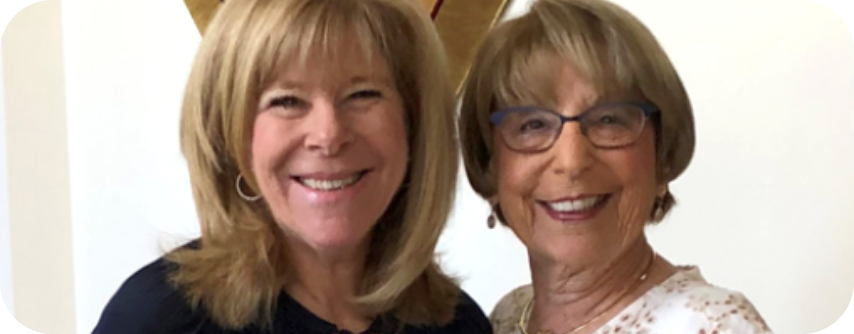Community Resources
Federation is your source for information – from community events, to organization directories and newsletter guidance.

OUR CONCIERGE
We Are Here To Help
These are resources for you. If you have any questions, or don’t see what you’re looking for, don’t hesitate to contact us.
Contact our concierge for help.
Federation is your source for information
Explore our Community

Financial Assistance
Financial assistance programs for families in need from Jewish Family & Children’s Service, and financial aid for children and teens.

Jewish Education and Resources
Find information on Jewish holidays, local synagogues, Jewish day schools, and educational programs, aiming to make Jewish education accessible to all.

Gift of Israel
A cooperative matched savings program that strengthens Jewish identity by helping students afford a trip to Israel.

Grants & Awards
Find information on Grants, awards, and scholarships from the Jewish Federation of Southern New Jersey and our family of agencies.

Community Meeting & Planning Calendar
This calendar includes all events listed on the community calendar, as well as meetings, holidays, etc. so you can more efficiently plan for your upcoming programming.

Transportation
For older adults and those with different abilities, we offer transportation options to help get you where you need to be when you are no longer able to drive.

Fed Flash
Our weekly email newsletter, including articles from our family of agencies, and a snapshot of the events coming up in our community. Subscribe here!

Calendar Submission Guidelines
Promote your upcoming events through the Jewish Federation. Learn more about submitting to our weekly Fed Flash email newsletter, community events and planning calendars, standalone emails, and the Voice print newspaper.

Example Entry
Lorem ipsum dolor sit amet, consectetur adipiscing elit, sed do eiusmod tempor incididunt ut labore et dolore magna aliqua.

Example Entry
Lorem ipsum dolor sit amet, consectetur adipiscing elit, sed do eiusmod tempor incididunt ut labore et dolore magna aliqua.
